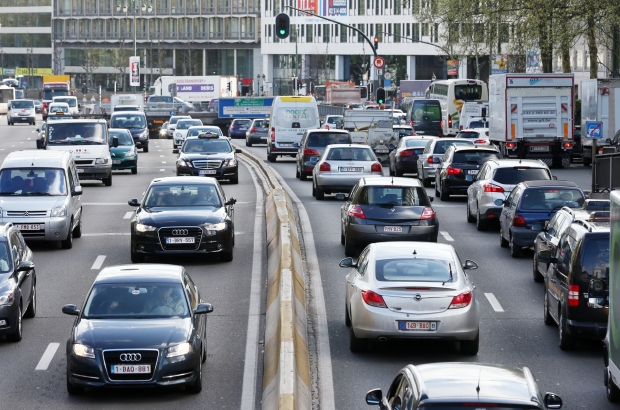- Daily & Weekly newsletters
- Buy & download The Bulletin
- Comment on our articles
Belgians are driving older cars, figures reveal
Households in Belgium are now keeping their cars on average for more than 10 years, according to new figures from Belgian and Luxembourg car and cycle federation Febiac and automobile federation Traxio.
In just 25 years, the fleet has aged by a third - from seven years and four months in 2000. This shows the notable change in Belgian drivers’ habits, especially since the Covid-19 pandemic.
In addition, one in five cars is more than 15 years old, some 21.9% of the market. The main reason for the trend to hang on to cars is the declining purchasing power of Belgian households and skyrocketing new car prices – with costs of new vehicles up 50% in just four years.
At the same time, with modern cars now more robust and of higher quality, they last longer, encouraging owners to hold on to them. Used cars are now twice as popular as new ones.
In short, it is a virtuous circle for the second-hand market and a vicious circle for new car sales. Notably, between January and August 2025, only 292,349 passenger cars were registered in Belgium, 10% fewer than in the same period last year.
At the same time, while fewer than 450,000 new cars were sold in 2024, used car sales stood at 674,000, the highest figure since 2006.
In August 2024, for the first time, the used car market was almost twice the size of the new car market, with 61% of Belgians preferring to buy second hand cars.
Compared to the pre-Covid period (2019), the trend is even more pronounced, with 45% fewer new cars sold while the used car market has gone up by 4.6%.
This means that not only are Belgians keeping their vehicles longer, but also used cars that are sold on the second-hand market are older.

















